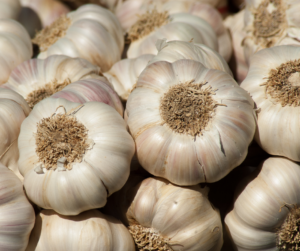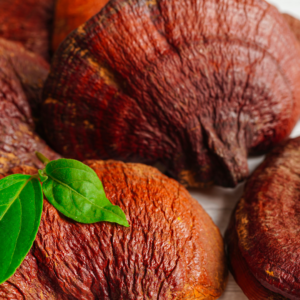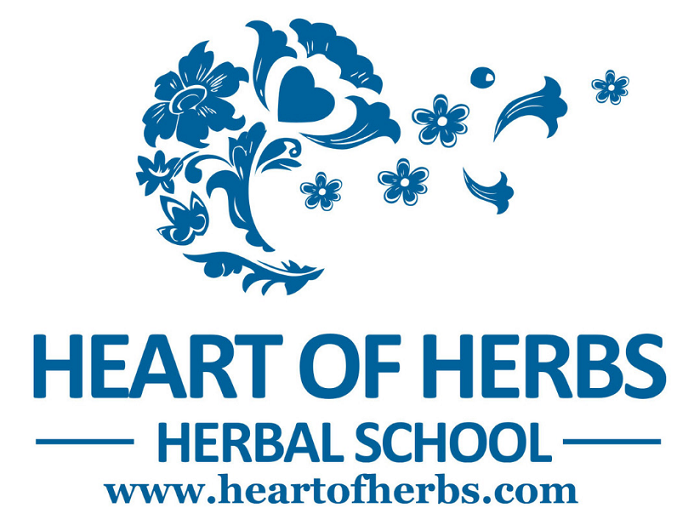What are Immunostimulants?
Immunostimulants are substances that enhance the activity or effectiveness of the immune system. They work by stimulating the body’s natural defense mechanisms, including producing immune cells and releasing signaling molecules involved in immune responses. Immunostimulants can help strengthen the body’s ability to fight off infections, diseases, and other threats to health. Examples of immunostimulants include certain herbs, vitamins, minerals, and synthetic compounds that are used to support immune function.
Boost Your Immune System Naturally with Herbal Immunostimulants
Stabilizing the immune system is paramount in the quest for maintaining optimal health. While a balanced diet, regular exercise, and adequate sleep are fundamental, herbal immunostimulants offer additional support to fortify the body’s natural defenses. These botanical allies, known as immunomodulators or adaptogens, have been used for centuries in traditional medicine. They work to enhance immune function and promote overall wellness.
Echinacea (Echinacea purpurea)
Echinacea, or purple coneflower, is a well-known herbal immunostimulant revered for strengthening the immune system and warding off infections. Rich in bioactive compounds such as alkamides, polysaccharides, and flavonoids, echinacea has been shown to stimulate the activity of immune cells, including macrophages and T-cells, thereby enhancing the body’s defense mechanisms against pathogens. Additionally, echinacea exhibits anti-inflammatory properties, making it a valuable ally in combating respiratory infections, colds, and flu.
Astragalus (Astragalus membranaceus)
Astragalus, a staple of Traditional Chinese Medicine (TCM), is prized for its immunomodulatory effects and adaptogenic properties. This herb, also known as huáng qí, contains polysaccharides and saponins that help regulate immune responses, improve resistance to infections, and support overall vitality. Astragalus is commonly used to strengthen the lungs, boost energy levels, and enhance resilience during times of stress or illness. By promoting the production of white blood cells and stimulating the activity of natural killer cells, astragalus fortifies the body’s defenses against microbial invaders.

Garlic (Allium sativum)
Garlic, a culinary staple with potent medicinal properties, has been esteemed for its immune-enhancing effects since ancient times. Allicin, the active compound responsible for garlic’s characteristic odor and flavor, exhibits antimicrobial, antiviral, and immunomodulatory properties. Consuming garlic regularly has been associated with a reduced risk of infections, improved circulation, and enhanced immune function. Garlic also contains sulfur compounds that support detoxification pathways in the body, further promoting overall health and well-being.
Reishi Mushroom (Ganoderma lucidum)
Reishi mushroom, revered as the “mushroom of immortality” in Traditional Chinese Medicine, is renowned for its potent immunomodulatory and adaptogenic properties. Rich in polysaccharides, triterpenes, and antioxidants, reishi exerts a multifaceted influence on the immune system, enhancing its ability to combat infections, reduce inflammation, and promote overall health. Reishi is particularly valued for its ability to modulate the body’s inflammatory response, making it beneficial for individuals with autoimmune conditions, allergies, and chronic inflammatory disorders. Additionally, reishi supports liver function, improves cardiovascular health, and enhances vitality.

Disclaimer
Disclaimer Blog
The information presented on the Heart of Herbs Herbal School/Demetria Clark websites is for educational purposes only. Heart of Herbs Herbal School/Demetria Clark Education LLC makes neither medical claims nor intends to diagnose or treat medical conditions. Links to external sites are for informational purposes only. Heart of Herbs Herbal School/Demetria Clark neither endorses them nor is in any way responsible for their content. Readers must do their own research regarding the safety and usage of any herbs, recipes, or supplements.
Affiliate Disclosure
Some posts contain affiliate links. When you click on these and make a purchase the cost is the same for you, but we earn a small commission that helps me to provide scholarships to students. We only promote products that we know our clients have liked themselves.
Heart of Herbs Herbal School is a Amazon affiliate. As an Amazon Associate, we earn from qualifying purchases.
